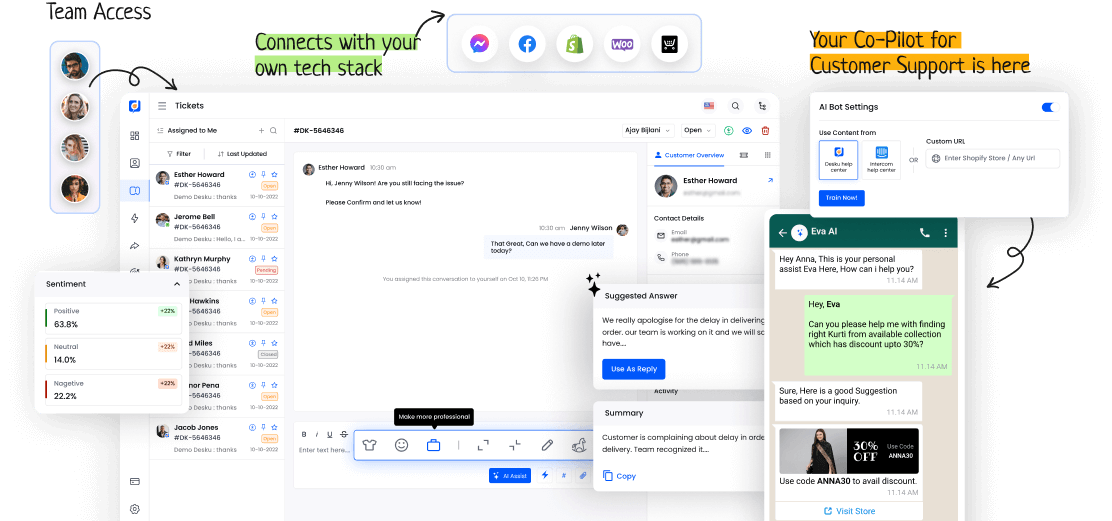VoIP call recording is a smart tool. It changed how businesses manage communication. It captures and saves audio data from VoIP calls. This way, firms can make sure they comply with rules, improve quality checks, and boost customer service.
But, many don't understand how VoIP call recording works or the tech behind it. Let's explore how this key feature works and why it matters in today's quick business world.
I. Understanding VoIP Call Recording
Recording VoIP calls is essential. It lets businesses document and study conversations over internet-based systems. This technology boosts quality assurance, offers advanced training, and aids in regulatory compliance.
To use VoIP call recording, choose the right software, secure data, and train staff. It's best to review recordings often, get consent, and set clear policies.
II. Importance of VoIP Call Recording
Recording VoIP calls well is key in today's communication systems. It boosts operational efficiency and helps meet regulatory standards. Businesses can ensure top-notch customer service by recording VoIP calls. They can also handle disputes with precision and meet legal norms. The advantage of VoIP call recording goes beyond keeping customers happy. It also helps to refine training programs and strengthen security measures. Following industry rules is crucial to maintain trust and credibility.
| Benefits | Compliance |
|---|---|
| Top-notch service | Meeting legal norms |
| Precise dispute handling | Following industry rules |
| Refined training programs | Maintaining trust and credibility |
III. VoIP Call Recording Applications and Advantages
The use of call recording in VoIP systems brings concrete uses and big benefits for businesses.
- Compliance Monitoring: It helps to keep in line with industry rules.
- Quality Assurance: It checks and betters call quality.
- Remote Workforce: It oversees and trains workers who are remote.
- Customer Service: It improves customer talks and solves issues well.
- Data Analysis: It pulls out useful insights to better the business.





